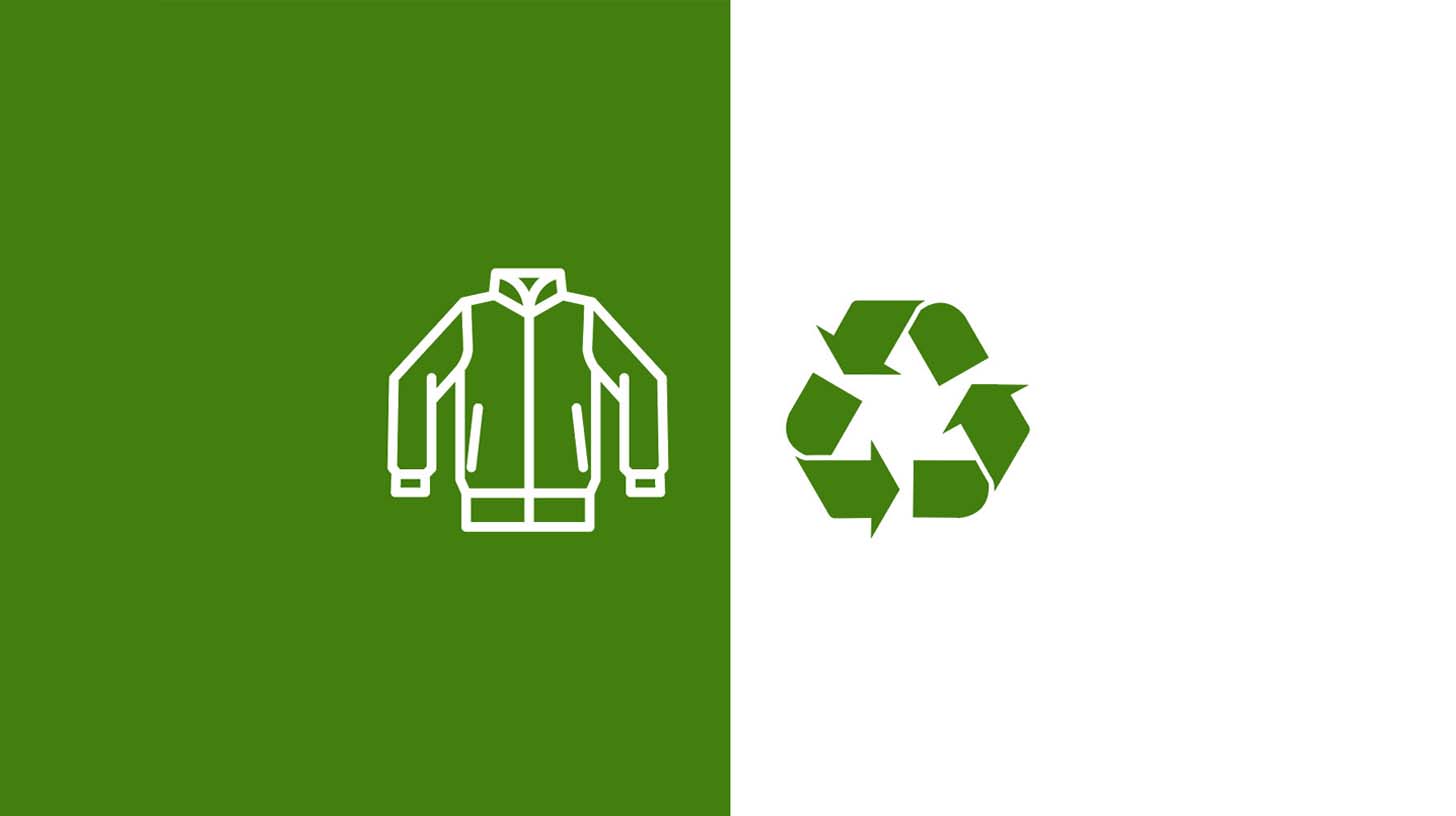Sustainability in Custom Apparel
In the fast-paced world of fashion, one term has increasingly come to the fore: sustainability. As our planet grapples with environmental challenges, many industries, including fashion, are reevaluating their practices. This shift has significant implications for custom apparel, where the impact extends from production practices to the finished product. This article explores the importance of sustainability in custom apparel and how it’s setting a new standard in the fashion industry.
Understanding Sustainability in Fashion
Sustainability in fashion involves adopting practices that minimize environmental impact and foster social responsibility. This includes responsible sourcing of materials, efficient use of resources, reducing waste, and fair labor practices. Embracing sustainability isn’t just an ethical choice; it’s increasingly becoming a business necessity. As consumers become more environmentally conscious, their buying habits are changing. They’re seeking out brands that align with their values, making sustainability a key differentiator in the market.
The Impact of Fashion on the Environment
To appreciate the importance of sustainability in custom apparel, it’s essential to understand the environmental impact of the fashion industry. It’s a major contributor to water pollution, thanks to the dyes and chemicals used in production. It also uses vast amounts of water, particularly in the production of cotton. Moreover, the fashion industry is a significant contributor to landfill waste, with millions of tons of clothing discarded every year. By adopting sustainable practices, custom apparel brands can help mitigate these impacts.
Sustainable Materials in Custom Apparel
One of the most direct ways to implement sustainability in custom apparel is through the use of sustainable materials. These can include organic cotton, which is grown without harmful pesticides; recycled materials, such as recycled polyester; and innovative new fabrics made from materials like bamboo or seaweed. Using sustainable materials can significantly reduce the environmental impact of your apparel.
Ethical Manufacturing and Fair Labor
Sustainability isn’t just about the environment; it’s also about people. Fair labor practices are a critical component of sustainability in custom apparel. This means ensuring safe working conditions, fair wages, and reasonable hours for workers in the production process. By committing to ethical manufacturing, custom apparel brands can make a significant positive impact on communities and contribute to the global effort against exploitative labor practices.
Reducing Waste in Custom Apparel Production
Waste is a significant issue in the fashion industry, but there are many strategies that custom apparel brands can employ to reduce waste. These can include using cutting techniques that minimize fabric waste, recycling offcuts into new items, and adopting made-to-order models that only produce items as they’re needed. By reducing waste, brands can not only decrease their environmental impact but also potentially save on production costs.
The Role of Consumers in Driving Sustainability
The push for sustainability isn’t just coming from within the industry; consumers play a crucial role too. As awareness of environmental issues grows, many consumers are choosing to support brands that prioritize sustainability. They’re willing to pay more for sustainable products and are increasingly seeking out information about brands’ sustainability practices. This consumer demand is a powerful driver for change in the industry.
Conclusion
In conclusion, sustainability is more than just a buzzword in the custom apparel industry. It’s a critical consideration for brands that want to stay relevant, meet consumer demand, and contribute to a healthier planet. From material selection to manufacturing practices, every stage in the creation of custom apparel presents an opportunity to make a positive impact.
By embracing sustainability, brands can not only differentiate themselves in a competitive market but also drive meaningful change in the fashion industry.
The Future of Sustainability in Custom Apparel
Looking ahead, sustainability is set to become even more central to the custom apparel industry. Innovations in sustainable materials and production methods are continually emerging, offering new opportunities for brands to reduce their environmental impact.
Simultaneously, as consumer awareness of sustainability issues continues to grow, the demand for sustainable custom apparel is likely to increase. Brands that commit to sustainability now are positioning themselves to succeed in this evolving landscape.
In the end, achieving sustainability in custom apparel requires a holistic approach. It involves considering environmental and social impacts at every stage of the process, from design and material sourcing to manufacturing and beyond. By doing so, custom apparel brands can contribute to a more sustainable future for fashion.
Ultimately, the importance of sustainability in custom apparel can’t be overstated. It’s not just a trend or a nice-to-have feature; it’s a fundamental shift in how we think about and produce fashion. By prioritizing sustainability, custom apparel brands have the power to make a real difference – for their business, for their customers, and for the planet.
Join the Sustainable Fashion Movement
There’s never been a more critical time to embrace sustainability in custom apparel. Whether you’re a brand owner, designer, manufacturer, or consumer, you have a role to play in this transformation. The journey towards sustainability may be challenging, but the rewards – from increased customer loyalty to a healthier planet – are well worth it.
So, are you ready to make sustainability a priority in your custom apparel journey? The future of fashion is in your hands. And together, we can make it a sustainable one.



